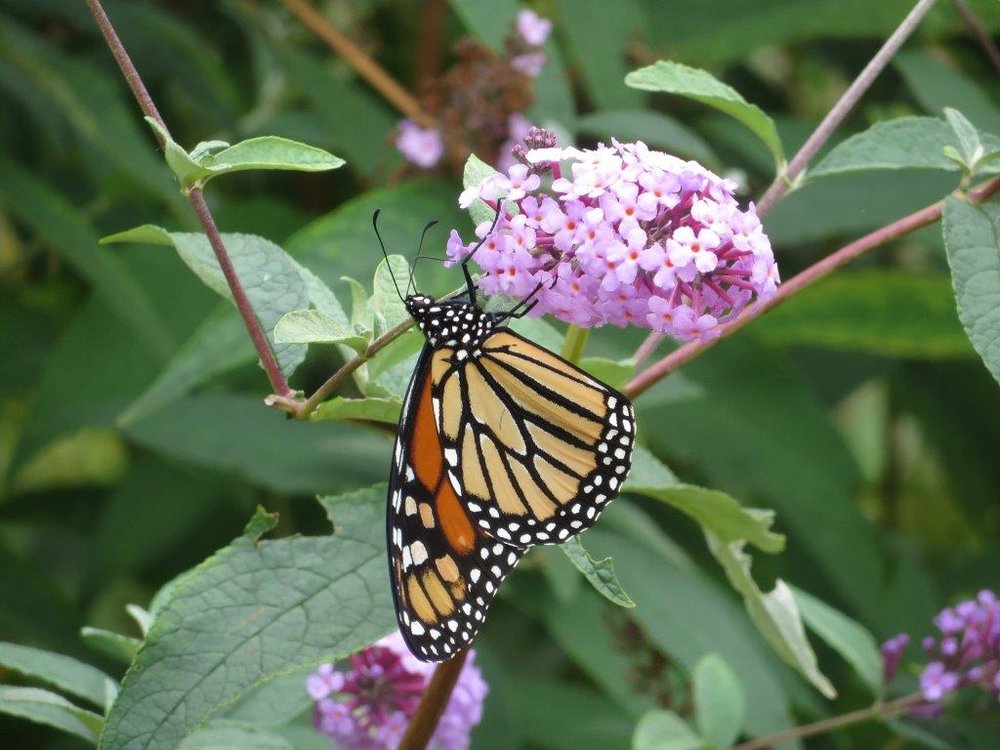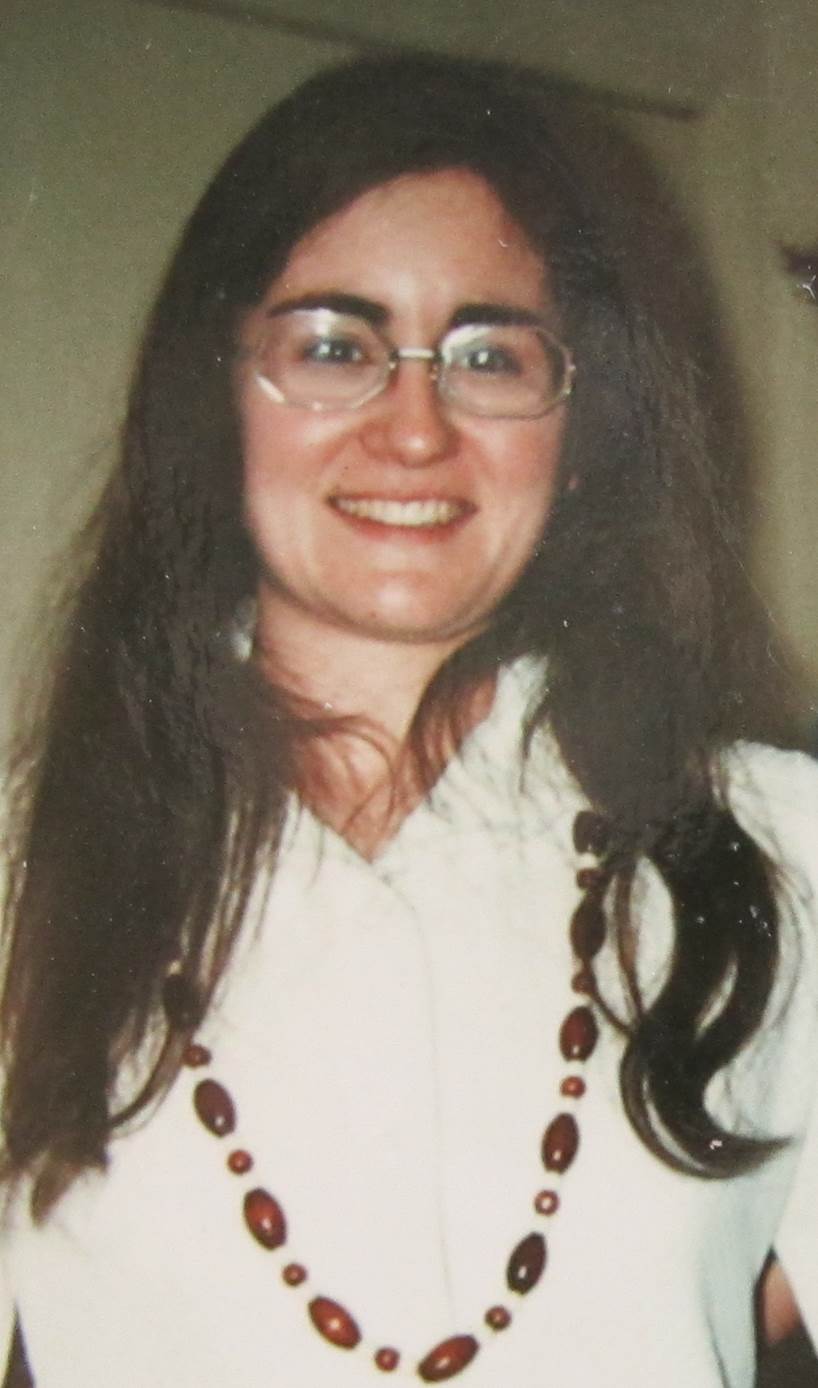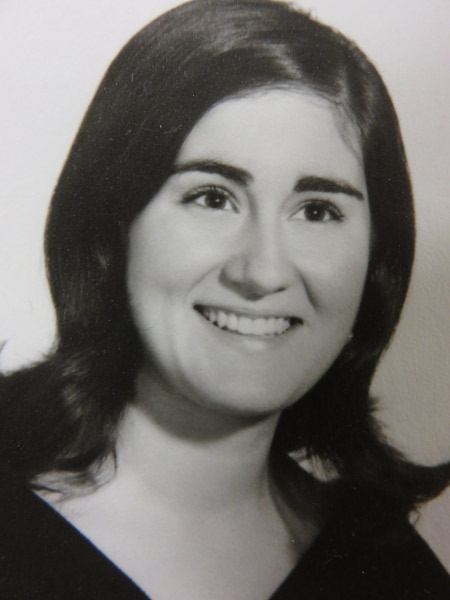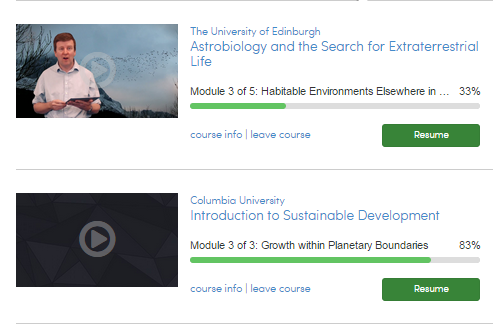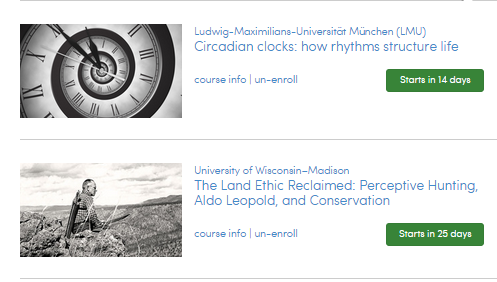Life’s Decades - The Fourth 10 Years
/Today I am focused on the fourth decade of life. For me - it was mostly in the 1980s and included moving half way across the country from my family for careers (mine and my husband’s) and having a child.
Moving away was wrenching but I was kept so busy - both by work and long commutes - that I didn’t have time to worry about it. Many in the family came for visits. There was a lot to see and our guest room was comfortable. The immediate family was computer savvy enough that we started exchanging email rather than snail mail before the decade was out. Telephone calls were still expensive.
I finally had time to read for pleasure and set a goal to read a book a week (and quickly discovered discount books stores and used book sales at the local library). Now most of my reading is ‘free’ and electronic either through internet resources or the public library. The majority of physical books I read are via paperbackswap…and then I donate the books to the used book sale.
The ten years of education (and ten years of work experience) set the stage for a very productive fourth decade. It included the most technical years of my career and then the step into management of people and projects. The semantic changed from management to leadership sometime during the decade but the core of the job didn’t. The career never was a “9 to 5, leave work at work” endeavor but the increasing responsibility and advances in technology meant that work was not as tied to a location. It happened at home too. The ‘always on call’ happened to me earlier because I was in a technical field. Now the technology is so pervasive that just about every professional feels the integration (sometimes forced) of all parts of life. I remember being incredibly grateful to my husband for buying a laser printer for me rather than a bouquet of flowers as he had been doing during a particularly rough project. As a woman in a technical, very competitive field - I benefited from supportive family relationships.
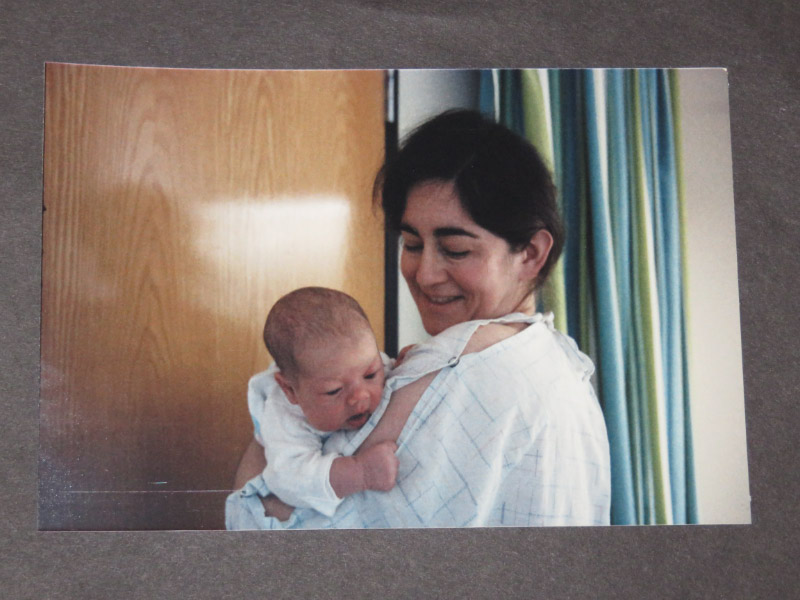 When I had my daughter midway through my fourth decade, I took a year off before I returned to work full time and though that would slow down my career trajectory. It didn’t as much as I thought it would since I was promoted about 6 months after returning to work.
When I had my daughter midway through my fourth decade, I took a year off before I returned to work full time and though that would slow down my career trajectory. It didn’t as much as I thought it would since I was promoted about 6 months after returning to work.
Looking back - having the same day care person for 3 years and then Montessori school for my daughter was better and less traumatic than many of my peers. It helped that my daughter was a happy child. We shorten her day away from us by using flex hours (they were new at the time); my husband would flex a bit later in the day to take her in the morning and I would flex earlier to pick her up in the afternoon. We managed to combine some business trips (either mine or my husband’s) with vacations. My daughter actually was puzzled that other children in her Montessori school did not go to Colorado like she did!
One serendipity event that occurred near the end of my fourth decade was on my daughter’s fourth birthday. I came home early to get ready and discovered a water pipe had broken! We got it turned off before too much damage occurred but the muddy path in the front yard that resulted from the repair was so much fun that my daughter often says it was her most memorable birthday ever.

